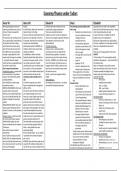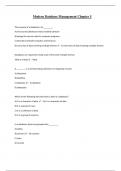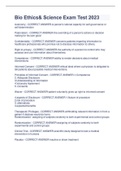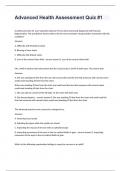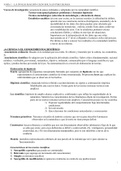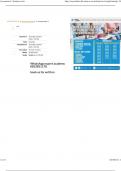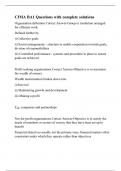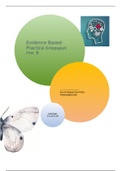Samenvatting
Summary table - the economy under the Tudors
- Vak
- Instelling
This summary table includes the relevant information on the economy under the various Tudors, from Henry VII to Elizabeth I. As part of my ALevel studies, I compiled down my notes to create these tables which have all the relevant content on, which helped to form the basis of all my revision. The...
[Meer zien]
